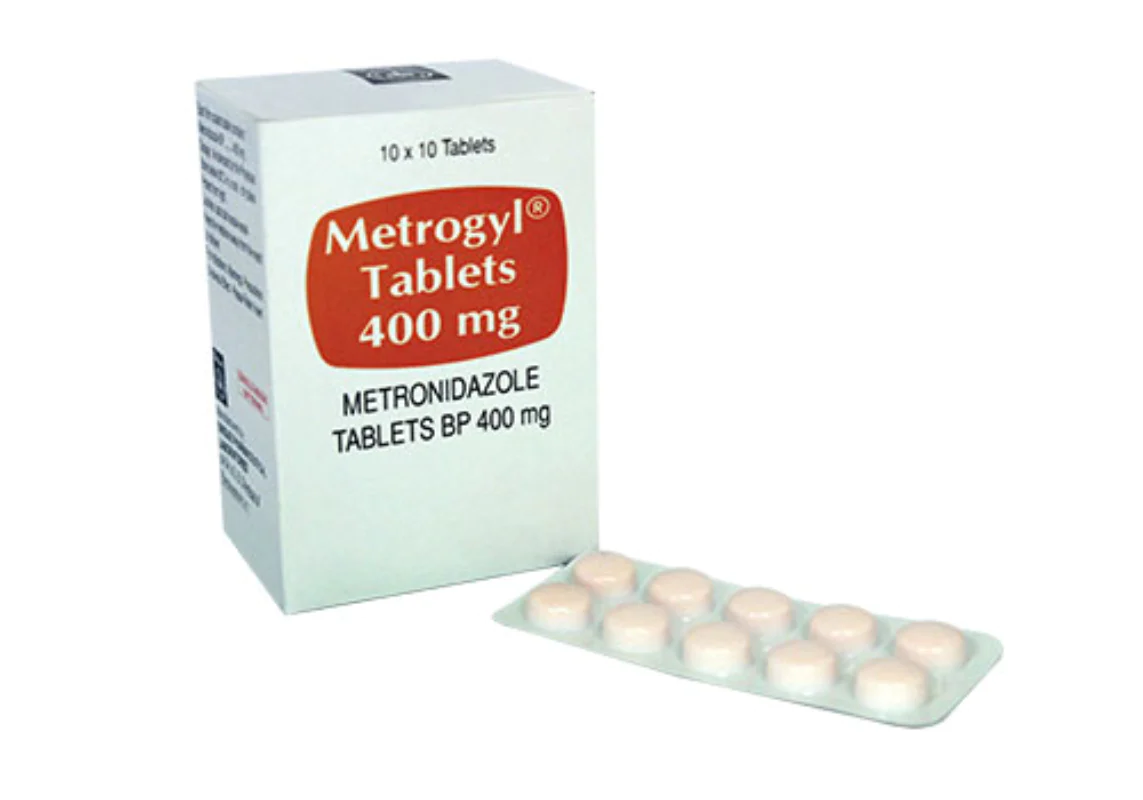Metrogyl 400, also known as metronidazole, is a widely used antibiotic medication that is effective against certain types of bacterial and parasitic infections. It is commonly prescribed by healthcare providers to treat a range of conditions, from bacterial vaginosis to certain types of gastrointestinal infections. In this forum post, we'll delve into the uses, benefits, and precautions associated with Metrogyl 400.
What is Metrogyl 400?
Metrogyl 400 is the brand name for the antibiotic metronidazole, which belongs to a class of medications called nitroimidazoles. It works by interfering with the DNA of bacteria and parasites, ultimately leading to their death or inhibition of growth.
Uses of Metrogyl 400
Bacterial Infections: Metrogyl 400 is commonly prescribed to treat various bacterial infections, including those of the gastrointestinal tract, skin, bones, joints, and respiratory system.
Parasitic Infections: It is also effective against certain types of parasitic infections, such as giardiasis (an intestinal infection caused by the parasite Giardia lamblia) and amoebiasis (an infection caused by the parasite Entamoeba histolytica).
Dental Infections: Metrogyl 400 may be used in the treatment of dental infections, such as periodontitis (gum disease) or dental abscesses.
Benefits of Metrogyl 400
Broad-Spectrum Activity: Metrogyl 400 exhibits broad-spectrum activity against a wide range of bacteria and parasites, making it a versatile antibiotic for treating various infections.
Effective Treatment: Metrogyl 400 is highly effective in treating bacterial and parasitic infections, with many patients experiencing significant improvement in their symptoms within a few days of starting treatment.
Minimal Resistance: Unlike some other antibiotics, resistance to metronidazole is relatively uncommon, making it a reliable option for the treatment of certain infections.
Oral and Topical Formulations: Metrogyl 400 is available in both oral and topical formulations, providing flexibility in treatment options depending on the type and location of the infection.
Precautions and Side Effects
While Metrogyl 400 is generally safe and well-tolerated, it's essential to use it with caution and under the guidance of a healthcare professional. Some important precautions and potential side effects include:
Gastrointestinal Upset: Common side effects of Metrogyl 400 include nausea, vomiting, diarrhea, and abdominal pain. Taking the medication with food or milk can help reduce gastrointestinal upset.
Central Nervous System Effects: In rare cases, Metrogyl 400 may cause central nervous system side effects such as headache, dizziness, confusion, or seizures. If you experience any of these symptoms, seek medical attention promptly.
Allergic Reactions: Some individuals may experience allergic reactions to metronidazole, such as rash, itching, swelling, or difficulty breathing. If you develop any signs of an allergic reaction, stop taking the medication and seek medical attention immediately.
Avoid Alcohol: It's important to avoid consuming alcohol while taking Metrogyl 400, as it can cause a severe reaction known as a disulfiram-like reaction, characterized by symptoms such as flushing, headache, nausea, and vomiting.
Conclusion
Metrogyl 400 is a valuable antibiotic medication used in the treatment of bacterial and parasitic infections. By understanding its uses, benefits, and precautions, individuals can use Metrogyl 400 safely and effectively to manage infections and improve their health. If you have any questions or concerns about Metrogyl 400, don't hesitate to consult your healthcare provider for personalized advice and guidance.
